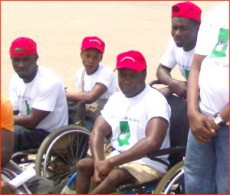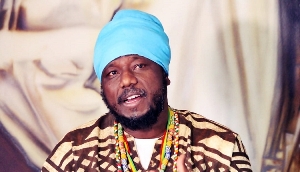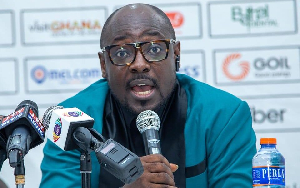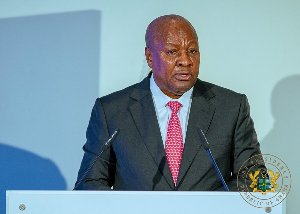Ghana Federation of the Disabled (GFD) has appealed to President Mahama to appoint at least two Persons with Disability (PWDS) in each assembly to help mitigate difficulties members face and to promote building inclusive society.
“The GFD wishes to request the President to appoint at least two competent persons with disabilities at each of the 216 metropolitan, municipal and district assemblies as part of the 30% appointments made by the president,” GFD said.
The Federation noted that the appeal was critical to ensure that the representation of PWDs was increased from 18 persons to 432 persons out of the 8,160 assembly members in the country.
It said the appointment of Dr. Seidu Dannaa as a Minister of State was good but disproportionate, considering that PWDs make over 15 per cent of Ghana’s population.
The GFD expressed confidence that if progressive and consistent steps are taken to get PWDs participate in national and local decision making process, they would be fully integrated and included in all facets of nation building.
It suggested that in appointing the two PWDs for each of the assemblies, the President should appoint a male and a female in consultation with relevant stakeholders in the Metropolitan Municipal and District Assemblies, and the Ghana Federation of the Disabled, the face and voice of disability in Ghana.
PWDs face barriers in competing for elective positions due to environmental, communication, information and attitudinal barriers.
Mr Yaw Ofori-Debrah, a visually impaired, told the GNA that persons with visual or physical disability find it extremely difficult to tour communities to campaign for votes because the built-environment was not accessible.
“A person with a hearing impairment who is contesting in a local election will need a sign language interpreter throughout the campaign, which will be too costly to bear, these difficulties, among others, are impediments for PWDs interested in serving their communities,” he added.
According to the Federation, PWDs campaigning for elections or positions are stigmatized while those already appointed to positions might also be stigmatized on the ground of the disability.
He said the GFD has in the last couple of years embarked on series of activities to identify and build the capacities of PWDs in the districts in preparation for their representation at the district assembly level.
The Federation argued that there had been grave challenges in the implementation of pro-disability policies and legislations, and therefore believes that significant representation of PWDs would act as a catalyst in the implementation of the laws.
PWDs face the challenge of provisions on accessibility, elimination of discrimination and stigmatisation among others.
“The mainstreaming of disability concerns at the district level through planning, budgeting, implementation and monitoring and implementation is critical to this appeal,” said Ofori-Debrah.
He said the appointment of at least two competent PWDs as Assembly Members at each of the 216 assemblies would symbolise a good start towards the realisation of proportionate representation of PWDs in decision making processes and to promote the building of an all-inclusive and equitable society.
Regional News of Monday, 1 December 2014
Source: GNA
Disabled Federation petitions Prez Mahama

Entertainment











